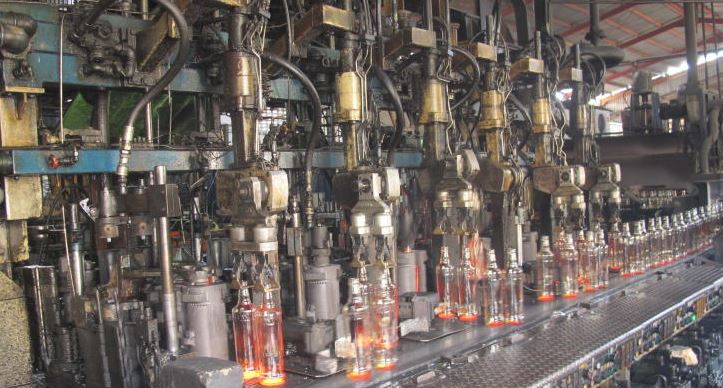×
The Standard e-Paper
Join Thousands Daily

On September 2019, after nine years of uninterrupted operations, the furnace at Milly Glass Works Ltd in Mombasa went off; it was time to upgrade.
The plant, which used to manufacture 100 tonnes of glass per day closed shop for three months.